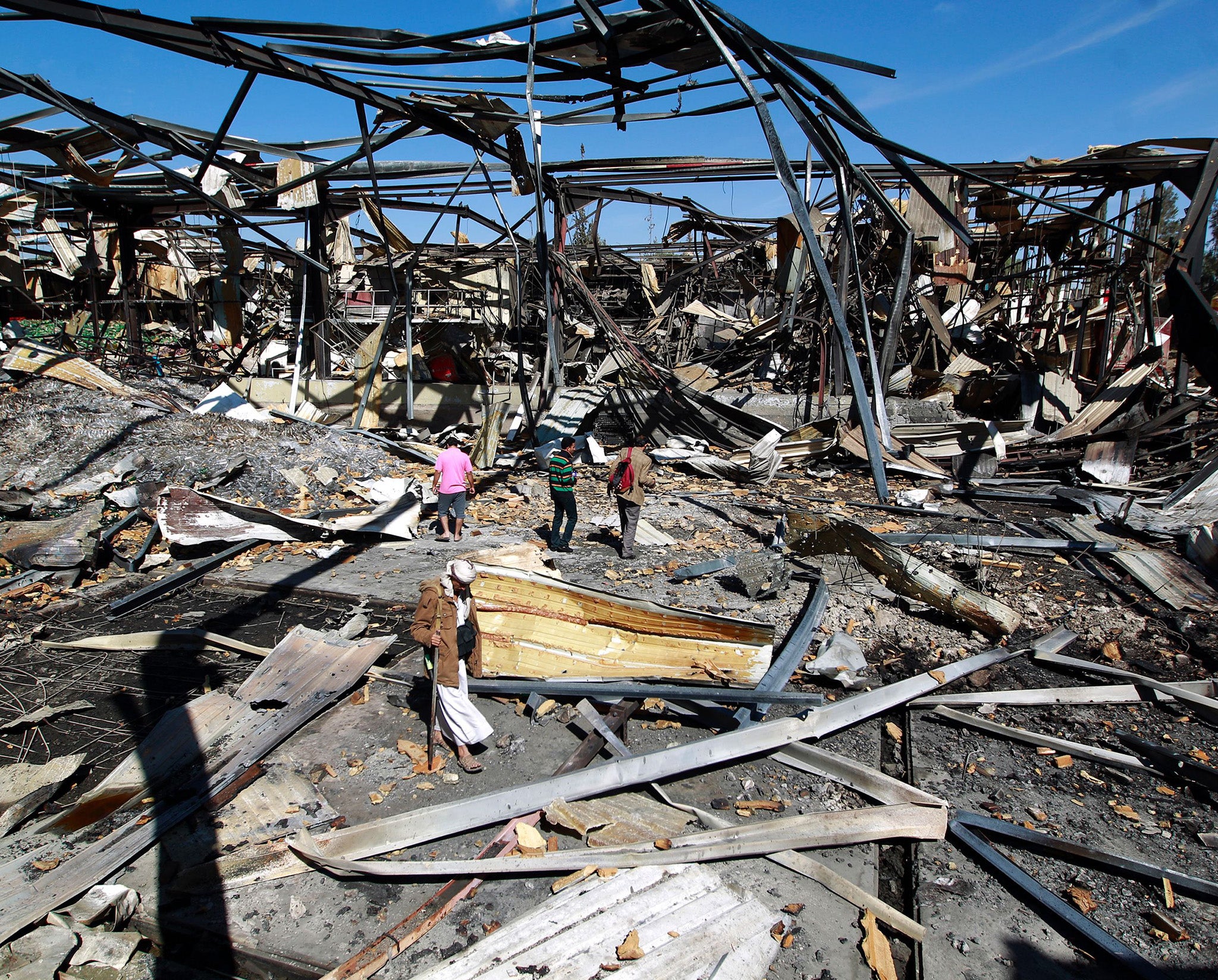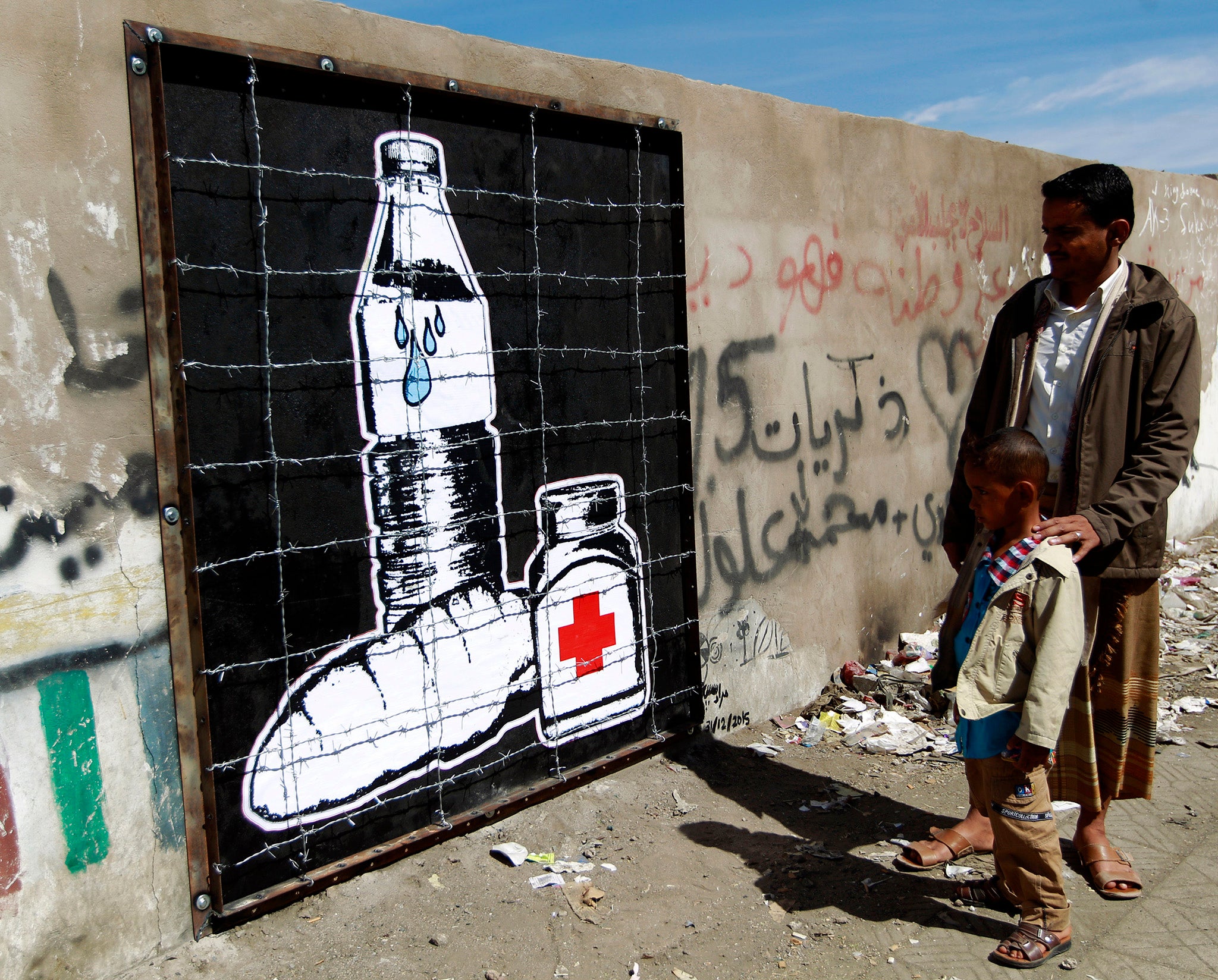Yemen crisis: Saudi Arabia ends formal ceasefire with Houthi rebels after more than 30 fighters killed over weekend
UN officials say the truce - which was formally agreed on 15 December - has been flouted on both sides since the beginning

Your support helps us to tell the story
From reproductive rights to climate change to Big Tech, The Independent is on the ground when the story is developing. Whether it's investigating the financials of Elon Musk's pro-Trump PAC or producing our latest documentary, 'The A Word', which shines a light on the American women fighting for reproductive rights, we know how important it is to parse out the facts from the messaging.
At such a critical moment in US history, we need reporters on the ground. Your donation allows us to keep sending journalists to speak to both sides of the story.
The Independent is trusted by Americans across the entire political spectrum. And unlike many other quality news outlets, we choose not to lock Americans out of our reporting and analysis with paywalls. We believe quality journalism should be available to everyone, paid for by those who can afford it.
Your support makes all the difference.The ceasefire between Houthi rebels and a Saudi-led military coalition in Yemen has formally ended after weeks during which it was regularly violated by both sides.
The truce originally came into effect on 15 December as a show of good faith by both sides during peace negotiations taking place in Switzerland but the UN said there were “numerous violations” of the agreement from the start.
A total of 14 civilians - including four children - were believed to have been killed in the city of Taiz on Friday after shelling by Houthi rebels loyal to the former president.
A further 22 Houthi and 11 anti-rebel fighters were killed in the country between Friday and midday Saturday, according to Yemeni officials.
The war has killed at least 5,884 people since Saudi-led air strikes against the Houthis, which began in March.
Local al-Qaeda affiliates and Isis have also exploited the chaos to make inroads into the country’s territory.

According to residents and aid groups, Houthis have been indiscriminately firing on the city in recent months and have blocked aid supplies getting through.
Saudi Arabia has also been criticised for its actions with Human Rights Watch, saying it could be breaking international law.
Medical charity Doctors Without Borders (MSF) said Saudi forces were responsible for the bombing of its hospital in Sanaa last month.
They are also reported to have used US-made cluster bombs on Houthi controlled areas.
Amnesty International said in November there was “damning evidence” of Saudi war crimes.
A report by the UN in July said 80 per cent of the Yemeni population were now in need of humanitarian assistance and the country was at risk of famine as the Saudi blockade of its ports continues.
Additional reporting by AP
Join our commenting forum
Join thought-provoking conversations, follow other Independent readers and see their replies
Comments